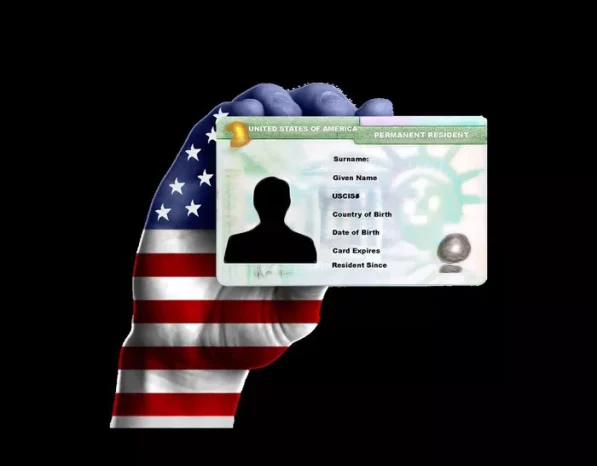Renewing a United States Green Card is a crucial process for lawful permanent residents (LPRs) to maintain their immigration status and rights within the country. Understanding the timeline and steps involved in the renewal process is essential for individuals seeking to ensure their continued legal residency. From gathering documentation to submitting the application and awaiting approval, every stage of the renewal journey can affect the overall duration. In this comprehensive guide, we delve into the intricacies of renewing a US Green Card, shedding light on the timelines, factors influencing processing times, and tips to expedite the renewal process.
Understanding the Renewal Process
The US Green Card, officially known as the Permanent Resident Card, is typically issued for a period of ten years. Before the card’s expiration, green card holders must apply for renewal to maintain their status as lawful permanent residents. The renewal process involves submitting Form I-90, Application to Replace Permanent Resident Card, to the United States Citizenship and Immigration Services (USCIS).
Factors Affecting Processing Times
The duration for renewing a US Green Card can vary significantly based on several factors. Understanding these factors can help applicants manage expectations and plan accordingly.
Volume of Applications: The USCIS receives a substantial number of green card renewal applications, which can affect processing times. During peak periods, such as policy changes or immigration-related announcements, the volume of applications may increase, leading to longer processing times.
Completeness and Accuracy of Application: Incomplete or inaccurate applications often result in delays, as USCIS may request additional information or documentation to complete the processing. Ensuring all required fields are filled correctly and attaching the necessary supporting documents can expedite the process.
Biometric Appointment Scheduling: USCIS typically requires applicants to attend a biometric appointment to provide fingerprints, photograph, and signature. Scheduling availability at USCIS Application Support Centers (ASCs) can vary depending on location and demand, affecting the overall processing time.
Background Checks and Security Screening: USCIS conducts thorough background checks and security screenings for all green card renewal applicants. Delays may occur if additional review or verification is necessary, particularly in cases where there are discrepancies or red flags in the applicant’s history.
USCIS Workload and Resources: The USCIS workload and resource allocation can impact processing times. Budgetary constraints, staffing levels, and operational efficiency play a role in determining how quickly applications are processed.
Average Processing Times
While USCIS provides estimated processing times for Form I-90 on its website, these timelines are subject to change and may not reflect real-time processing speeds. On average, the renewal process can take anywhere from 6 to 12 months from the date of application submission to the receipt of the new Green Card. However, individual cases may experience shorter or longer processing times based on the aforementioned factors.
Tips for Expedited Processing
While USCIS does not guarantee expedited processing for all green card renewal applications, certain circumstances may qualify applicants for expedited consideration. Some tips to potentially expedite the renewal process include:
Submitting a Complete and Accurate Application: Ensuring all required fields are filled correctly and attaching all necessary supporting documents can minimize the likelihood of delays due to missing information.
Providing Proof of Urgency: Applicants facing urgent travel or employment-related situations may request expedited processing by providing relevant documentation to support their claim.
Utilizing Premium Processing Services: USCIS offers premium processing services for certain immigration applications, which guarantee expedited processing within a specified timeframe for an additional fee. While Form I-90 is not eligible for premium processing, exploring alternative options for premium services may expedite other aspects of the renewal process.
Seeking Legal Assistance: Consulting with an experienced immigration attorney can provide valuable guidance and assistance throughout the renewal process. Attorneys familiar with USCIS procedures and policies may help navigate potential hurdles and advocate for expedited processing when appropriate.
Monitoring Application Status and Communication: Regularly checking the status of the application online through the USCIS Case Status website and promptly responding to any requests for additional information or documentation can help expedite processing.
Conclusion
Renewing a US Green Card is a pivotal step for lawful permanent residents to maintain their status and rights within the country. While the renewal process can vary in duration based on various factors, understanding the timelines and potential delays is essential for applicants. By following the guidelines outlined in this article and staying informed about USCIS procedures, applicants can navigate the renewal process with greater confidence and efficiency, ensuring continued legal residency in the United States.


